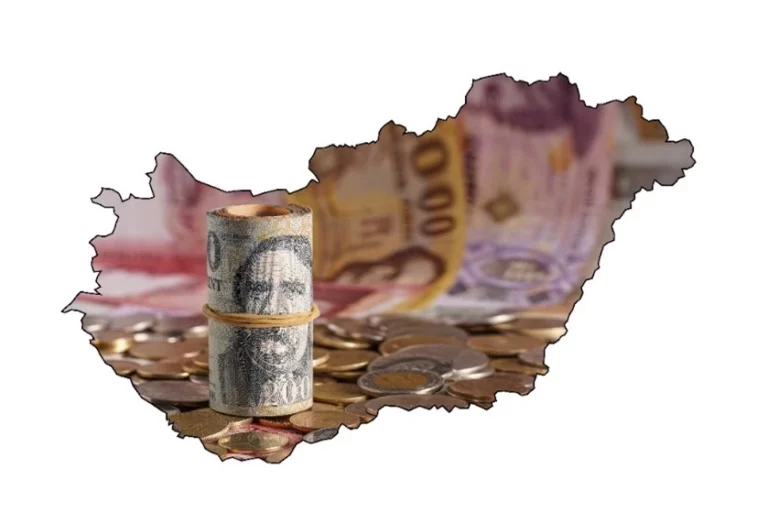The Czech Republic
Current gas reserves equal 1/4 of annual consumption

Fidesz MEP: Member states need all available funds in current situation

High-speed railway to link Budapest, Warsaw, Prague, Bratislava soon?

V4 chiefs of staff discuss army cooperation, Poland was not represented
Army leaders attending a meeting of Visegrad Group chiefs of staff discussed current issues in cooperation between national armies on...
Indo-Pacific Forum in Prague: ‘Global East-West cooperation needed’
Within Europe, the hope of cooperation between East and West has evaporated for the time being due to the war...
President: Hungary counts on the Czech Republic

President Novák, Zeman confirm commitment to V4 cooperation

Zloty to strengthen, koruna to remain stable, forint to get weaker?

Police arrested nine groups of African, Asian illegal migrants!

President: ties between motherland, Hungarians outside of borders ‘inseverable’
President Katalin Novák said the ties between the motherland and Hungarians living outside of the country's borders are "inseverable", speaking...
Orbán, Bolsonaro, Farage addressed US conservative conf in Budapest

Czechs to send hundreds of Ukrainian Roma refugees to Hungary!

Here is why you might bump into a lot of US, Polish, Romanian soldiers in Hungary

Hungary among the top investment targets of Taiwanese companies in Europe!

Hungary and other V4 countries are in the top 12 investment destinations of the world!

Russians coming? Hungarian government buys high-tech fighter jets – VIDEO

Hungarian Roma refugees from Ukraine do not receive allowances in the Czech Republic!

Commemoration of post-WW2 deportees from Czechoslovakia was held in Budapest





 ZH
ZH IT
IT DE
DE HR
HR NL
NL FR
FR JA
JA RO
RO RU
RU ES
ES TR
TR
